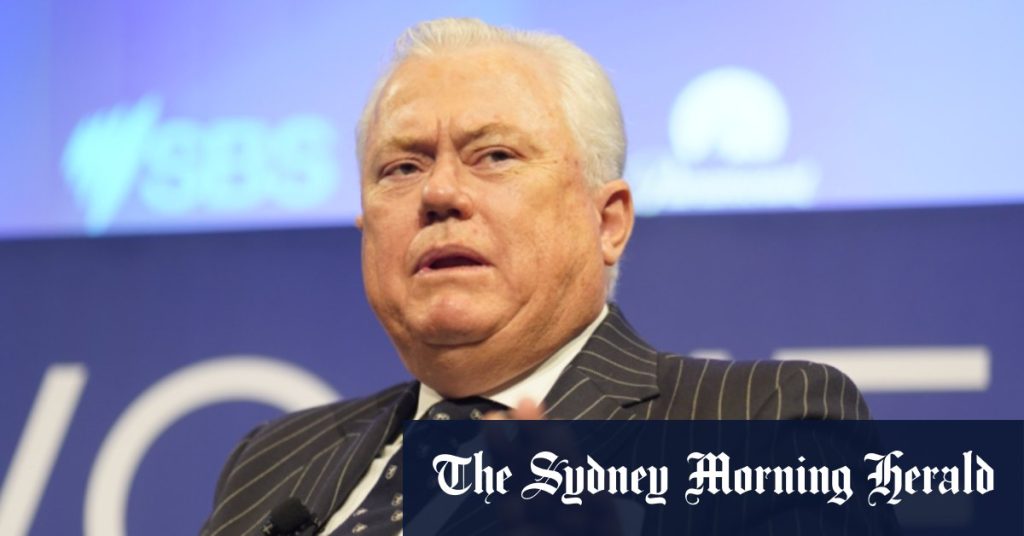Justice Robert Lee highlighted the importance of open justice and transparency in the legal system, emphasizing the need to reduce court secrecy and suppression orders. He noted that media intervention was necessary to oppose suppression orders, as demonstrated in cases where media outlets challenged the orders and prompted their withdrawal. Lee outlined six suggestions for improving court transparency, including collecting data on suppression orders, streamlining the process for making such orders, creating a national register of suppression orders, and requiring judicial officers to publicly state reasons for granting orders.
Lee’s speech came after he presided over a case involving a suppression order sought by Super Retail Group in an unfair dismissal case. The application for suppression was ultimately dismissed, with only limited non-publication orders granted. Lee emphasized that parties involved in legal proceedings must accept the potential consequences of public scrutiny, including embarrassment and damage to reputation. He noted that adverse publicity is often an unavoidable aspect of litigation and is part of the price paid for open justice. The case is currently under appeal.
The judge highlighted the importance of media organizations in opposing suppression orders and securing open justice in the legal system. He noted that without media intervention, judges may not receive a counter argument when considering suppression orders. Lee emphasized the need to combat a culture of secrecy and promote principles of transparency in court proceedings. He pointed out that inconsistent laws across different states regarding suppression orders were causing confusion, particularly in cases involving victims of domestic violence and sexual offenses.
Lee’s suggestions for improving court transparency included creating a national register of suppression orders to aid compliance and minimize confusion. He also proposed requiring judicial officers to publicly state the reasons for granting orders, which would be available on the register. Additionally, he recommended streamlining the process for making suppression orders and recognizing the media’s role in monitoring and opposing inappropriate suppression. Lee’s speech underscored the vital role of media organizations in upholding foundational principles of justice and combating excessive court secrecy.
The judge’s speech highlighted the need for greater clarity and consistency in the application of suppression orders across different jurisdictions. He noted that the media, facing revenue decline and cost pressures, must not be solely responsible for challenging suppression orders. Lee emphasized the importance of ensuring that courts operate with transparency and accountability to promote public confidence in the legal system. He called for reforms that would simplify the process for making suppression orders and enhance accessibility to court documents.
Lee’s remarks came in the context of recent cases where media intervention led to the withdrawal of suppression orders sought by parties involved in legal proceedings. He emphasized the need to address a culture of secrecy in court proceedings and promote the principles of open justice. The judge’s suggestions for improving court transparency included creating a national register of suppression orders, requiring judges to publicly state reasons for granting orders, and streamlining the process for accessing court documents. Lee’s speech underscored the critical role of media organizations in safeguarding the principles of justice and holding the legal system accountable.













